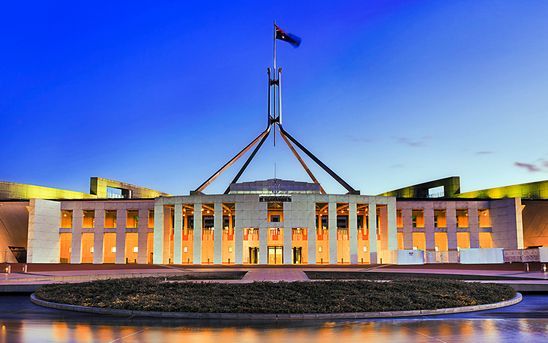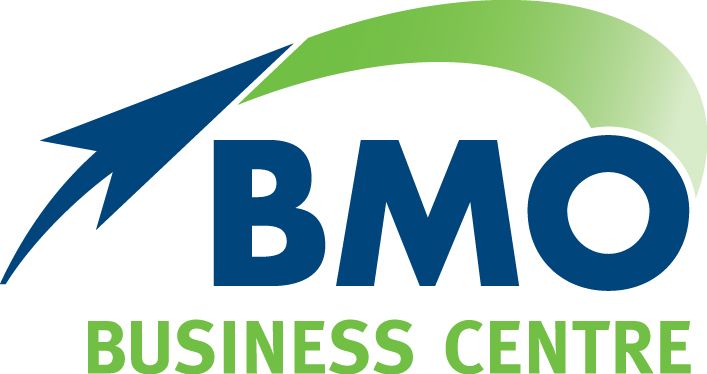Sandwich Generation
Caught in the middle: help for the sandwich generation
If you are feeling a bit like the meat in the sandwich you are not alone. The ‘sandwich generation’ is a growing social phenomenon that impacts people from all walks of life, describing those at a stage of their lives where they are caring for their offspring as well as their elderly parents.
The phenomenon is gathering momentum as we are tending to live longer and have kids later. It even encompasses royalty - Prince William has been dealing with a sick father while juggling school aged kids (as well as a partner dealing with serious health issues).
A growing phenomenon
The number of people forming part of the sandwich generation has grown since the term was first coined in the 1980’s, as we tend to live longer and have kids later. It is estimated that as many as 5% of Australians are currently juggling caring responsibilities which has implications for family dynamics, incomes, retirement and even the economy.i
Like many other countries, the number of older Australians is growing both in number and as a percentage of the population. By 2026, more than 22 percent of Australians will be aged over 65 - up from 16 percent in 2020.ii It is also becoming more common for aging parents to rely on their adult children for assistance when living independently becomes challenging.
The other piece of bread in the sandwich is that as a society we are caring for kids later in life. The median age of all women giving birth increased by three years over two decades.iii And with young people staying in the family home well into their twenties, we are certainly supporting our children for longer. Even after the kids leave the nest, it's also common for parents to become involved in looking after grandchildren.
Taking its toll on carers
While we want to support our loved ones, when that support is required constantly and intensively for both parts of the family, it can mean that something has to give and that ‘something’ is often the carer’s well-being.
Even if you are not part of the sandwich generation but being squeezed at either end – caring for kids or parents, acting as a primary care-giver often requires you to provide physical, emotional, and financial support. It’s common to feel it take a toll on your own emotional and physical health, and sometimes your finances as you sacrifice some of your savings or paid work to help your loved ones.
Support for caregivers
It can be difficult to acknowledge you need assistance but there are a number of ways you can access help.
Deciding what to get help with
It can feel like there is not enough hours in the day and that’s overwhelming. Try to think about what you really need to do and where your time is best spent and consider if you can get assistance with tasks or duties you don’t have to do. This may mean outsourcing things like buying a healthy meal instead of cooking or getting a hand with gardening or lawn mowing.
Think about what others could assist with to lighten and share your load.
Accessing support
There are also support networks out there that exist to take off some of the pressure. Reach out to local support networks via Carers Australia for help identifying mainstream and community supports.
You or your loved ones may also be entitled to government support, under the National Disability Insurance Scheme (NDIS) or My Aged Care. These programs provide funding and resources to help pay for essential care; from domestic assistance with cleaning and cooking, to home modifications, to 24-hour care for those who require more support.
The importance of self-care
It’s vital to take some time out for yourself and make your own wellbeing a priority. Don’t feel that it’s selfish to take care of your own needs as that’s an essential part of being a carer. Resources like respite care and getting support when needed is an important gateway to self-care.
Managing your finances
Caregiving can put financial pressure on the whole household and has the potential to impact retirement savings. The assistance of a trusted professional can help, and we are here if you need a hand.
Raising kids as well as supporting parents to live their best lives as they age is becoming more common and can be a challenging time of life. While the act of caring is the ultimate act of kindness - the most important thing to remember is to be kind to yourself.
i https://info.careforfamily.com.au/blog/sandwich-generation
ii https://www.sydney.edu.au/news-opinion/news/2023/10/09/confronting-ageing-the-talk-australia-has-to-have.html
iii https://www.abs.gov.au/
The information in this article does not take into account your objectives, needs and circumstances. We recommend that you obtain investment and taxation advice specific to your investment objectives, financial situation and particular needs before making any investment decision or acting on any of the information contained in this document. Subject to law, Capstone Financial Planning nor their directors, employees or authorised representatives gives any representation or warranty as to the reliability, accuracy or completeness of the information; or accepts any responsibility for any person acting, or refraining from acting, on the basis of the information contained in this document. Principal Wealth Management Pty Ltd trading as BMO Financial Solutions ABN 53 109 336 601 is a Corporate Authorised Representative (CAR 277821) of Capstone Financial Planning Pty Ltd ABN 24 093 733 969 Australian Financial Services Licence (AFSL) No. 223135.

Contact Us
PH: 07 4662 3722
FAX: 07 4662 5975
178 Drayton Street (access via Hogan Street) Dalby
Useful Links
Stay in Touch
Footer Contact Form
We will get back to you as soon as possible
Please try again later
All Rights Reserved | BMO Dalby | Website design & development by Hey Marketing

